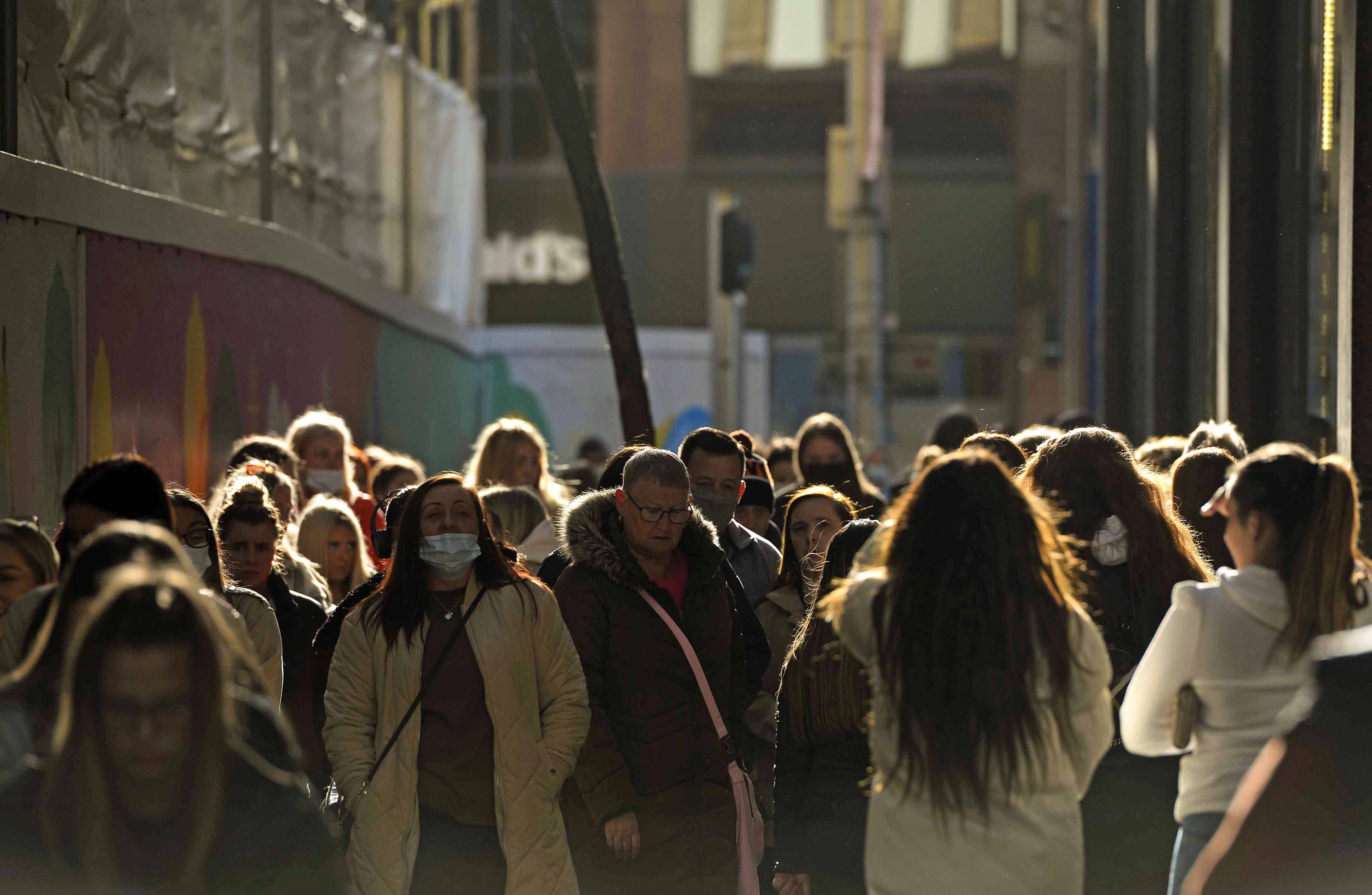One in four workers ‘made a bad decision about debt during pandemic’
People working in the retail sector or living with disabilities are more likely than average to rate their financial wellbeing as bad, Aviva said.

Your support helps us to tell the story
From reproductive rights to climate change to Big Tech, The Independent is on the ground when the story is developing. Whether it's investigating the financials of Elon Musk's pro-Trump PAC or producing our latest documentary, 'The A Word', which shines a light on the American women fighting for reproductive rights, we know how important it is to parse out the facts from the messaging.
At such a critical moment in US history, we need reporters on the ground. Your donation allows us to keep sending journalists to speak to both sides of the story.
The Independent is trusted by Americans across the entire political spectrum. And unlike many other quality news outlets, we choose not to lock Americans out of our reporting and analysis with paywalls. We believe quality journalism should be available to everyone, paid for by those who can afford it.
Your support makes all the difference.Nearly a quarter (24%) of workers feel they have made a bad decision about debt during the coronavirus pandemic, a report has found.
This includes more than half (51%) of 18 to 24-year-olds – an age group which has been particularly hard hit by the crisis – according to Aviva
People aged 35 to 39 are also more likely than average to say they had made a bad decision about debt during the pandemic, with 36% agreeing.
More than a quarter (29%) of those surveyed said they have had to borrow to replace lost income, while 30% are concerned their money will run out.
There is a fundamental need for employers to provide tailored support for employees
Nearly four in 10 (39%) employees working in companies agree their current financial situation negatively affects their mental health, while six in 10 (60%) feel their finances at least sometimes control their lives.
People working in the retail sector or living with disabilities are also more likely than average to rate their financial wellbeing as bad, the report found.
Laura Stewart-Smith, head of workplace savings and retirement at Aviva, said: “The Covid-19 experience has fundamentally altered our relationship with money, work and health.
“While some employees have been able to boost their financial wellbeing by saving more, with large swathes of the economy closed, others have found their income reduced and are facing larger debts or having to provide support for dependent family members.”
She added: “Financial education in the workplace is nothing new, but now, more than ever, there is a fundamental need for employers to provide tailored support for employees.”